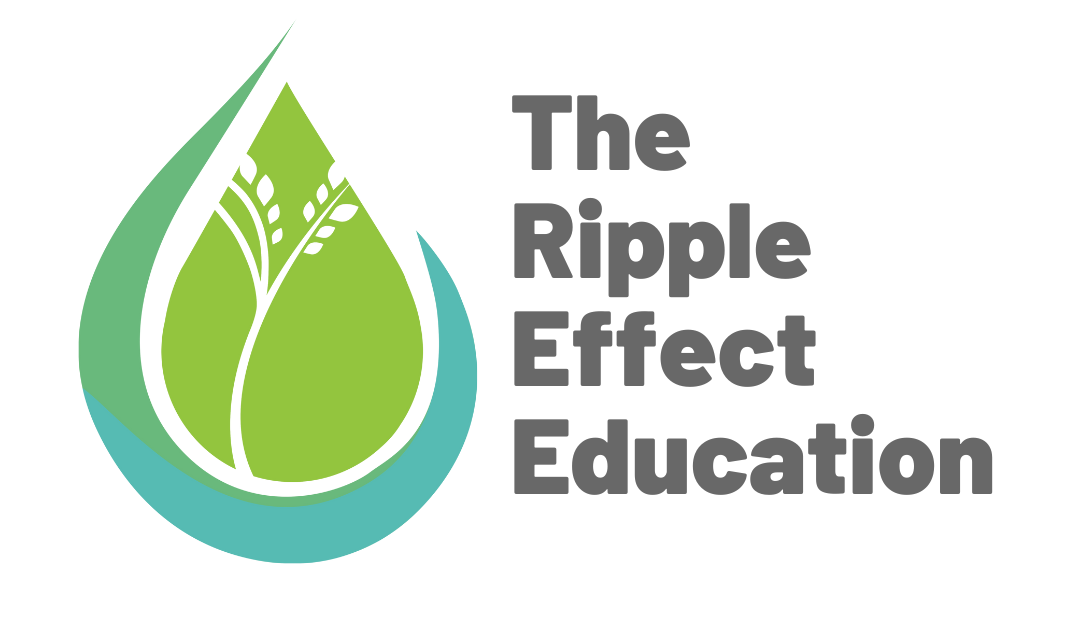In times of high stress or anxiety, we respond in very different ways (see also: fight, flight, freeze, or fawn); some of us are extroverts, some are introverts, some people process internally by processing over time, others process externally by talking things through with others. All of these are exceptionally valid ways of navigating our feelings and relationships.
During this time of social distancing, stress and anxiety may take on a new form in our lives. Research has shown that quarantine and social distancing can have psychological impacts. Aspects such as the duration of quarantine, fear of infection, frustration and boredom, inadequate supplies, and inadequate information are all factors that can contribute to decreased mental health including avoidance behaviour, anger, and post-traumatic stress symptoms (Brooks et al., 2020).
Both in our pre-isolation and current circumstances, conflict is natural and inevitable. Changes to our routines, our personal space, our sleep schedules, our norms have been completely transformed over the past few weeks. Constantly being on edge can cause us to feel frustrated, irritated, or isolated, all of which can very much impact our relationships and the way that we respond to conflict.
I’ve experienced this in my own social distancing experience, with a lot of feelings of cabin fever and isolation causing me to react differently than I usually do. I find myself having to work harder than usual to address conflicts that under usual circumstances I would not even flinch at. As I’ve reflected on my approaches to conflict over the past few weeks, I put together five reminders when trying to navigate conflict in this time.
1. Make Time to Deflate
In these times of stress, it is important to make intentional time to take care of yourself. Self-care may look different now than it has previously, and it may take some time to find what really works in terms of taking care of yourself now. Check out our previous blog post on self care.
2. Prioritize Listening
Being isolated in these times, I have found that in conversations with those I’m social distancing with are heavier than usual. With less people to talk with, my partner is bearing a lot of the weight of my thoughts, my ideas, my stories, my concerns, everything, and vice versa. We’ve both had to really practice active listening with each other. Check out our previous blog post on empathetic listening.
3. State Your Needs
As a result of social distancing, many conflict coping tools such as getting space are no longer options. With less opportunities for space, being able to communicate in the moment is important. Using I-Statements have become an important tool to communicate my needs. I-Statements generally follow an outline of: “I feel _____ when______, because _________.”
Check out our previous blog post about I-Statements.
4. Dig Deep
Of course, to be able to share our needs, we need to actually know our needs. It took a long time to realize I didn’t really care if my partner moved my puzzle to the middle of the dining room table, but I did care that I felt he was respecting both my space and the ways that I choose to cope with the anxiety I am feeling. Addressing conflict and having your needs met might require you to dig beyond the surface issues and to be able to communicate as effectively as possible. Take time to reflect on the needs beneath the feelings.
5. Stay Connected
With communication looking different it can be easy to disconnect from our communities and loved ones. After working from home all day and being able to only be half as productive and I’d like, the last thing I want to do is get on a video call. Despite this, every time I’ve gotten off a call with my family or close friends I have come away feeling much more myself. Find ways that connection feels good for you, and make the time to stay connected to those close to you.
Navigating conflict right now is hard work, and we should treat it as such. This work is not for you to do on your own! Share this blog post with friends, family, or partners and let them know that you are working on addressing conflict, ask them to be patient with you, and be patient with yourself.
References:
- Brooks SK, Webster RK, Smith LE, et al. The psychological impact of quarantine and how to reduce it: rapid review of the evidence. Lancet 2020; published online Feb 19.
 Erin Huston is a social justice advocate and community-building facilitator. After finishing degrees at the University of Waterloo in Legal Studies and Peace & Conflict Studies, Erin pursued a Masters degree in Social Justice and Community Engagement at Wilfrid Laurier University. Passionate about working with youth, Erin uses her education of structural factors and discourses that lead to social inequality and environmental injustice to facilitate programming designed to help empower young people to think critically about issues they care about.
Erin Huston is a social justice advocate and community-building facilitator. After finishing degrees at the University of Waterloo in Legal Studies and Peace & Conflict Studies, Erin pursued a Masters degree in Social Justice and Community Engagement at Wilfrid Laurier University. Passionate about working with youth, Erin uses her education of structural factors and discourses that lead to social inequality and environmental injustice to facilitate programming designed to help empower young people to think critically about issues they care about.


